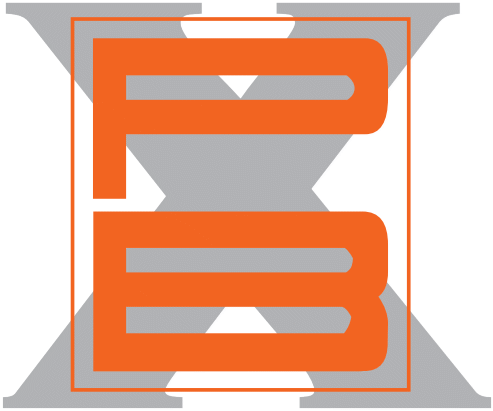
Home
>
Main Forum
>
Topic Is brake anti-squeal paste necessary on Boxster caliper pads? |  |  |
Is brake anti-squeal paste necessary given that the piston inserts have a sticky back surface?
Edited 1 time(s). Last edit at 06/11/2017 02:30PM by kentv1. (view changes)
Edited 1 time(s). Last edit at 06/11/2017 02:30PM by kentv1. (view changes)
| Duuno. I use anti-size compound... grant - 8 years ago |
(the same stuff i use on anything i dont want to seize, and may demand high temp)
1. On the shoulders of the backing plate where it slides on the pad carrier casting
2. on the back of the pad / backing plate
Another tip: put the old pads in. Pump the brake until they fully extend. Clean them really well with brake cleaner to eliminate sticking
(brake dust creates a type of cement and is also abrasive). Rinse and repeat. Put in new pads. Bleed lightly and done
Grant
Grant
gee-lenahan-at-gee-mail-dot-com
1. On the shoulders of the backing plate where it slides on the pad carrier casting
2. on the back of the pad / backing plate
Another tip: put the old pads in. Pump the brake until they fully extend. Clean them really well with brake cleaner to eliminate sticking
(brake dust creates a type of cement and is also abrasive). Rinse and repeat. Put in new pads. Bleed lightly and done
Grant
Grant
gee-lenahan-at-gee-mail-dot-com
Quote
kentv1
Is brake anti-squeal paste necessary given that the piston inserts have a sticky back surface?
Don't think Porsche lists any paste in its coverage of brake servicing. I have the factory reference manual for both of my cars and go by what it says. Neither one has any paste called for and this is pretty typical.
Used to be at least with my 2002 Boxster the brake parts list included anti-squeal pads which stuck to the back of the pad backing plate and had a metal basket that went into the hollow piston.
But at some point Porsche dropped the anti-squeal pads from the parts list and the last couple of brake jobs have been done with no anti-squeal pads installed and the brakes are fine.
The problem with using any paste or any thing on the brake pads is possible contamination of the braking surfaces or contamination of the brake piston dust boots. The downside of contaminating the friction producing braking surfaces is clear I think.
But the dust boots want to remain free of any contamination too. The material could prove harmful the dust boots and it will attract and hold brake dust which can lead to squealing brakes.
The build up of dust interferes with the natural tendency of the pistons to pull back slighly from their pads (the piston seals cause the pistons to retract slightly when the brake pedal is released) and if this pull back doesn't happen the pads remain in contact with the rotor which leads to squealing.
My advice is to only use anti-squeal pads if the parts list, the current parts list, uhhh, lists them. And you'll have to check with a knowledgeable tech regarding what the current brake job consists of for your MY car. I serioulsy doubt it requires the use of any anti-squeal paste but check to be sure.
Sorry, only registered users may post in this forum.


